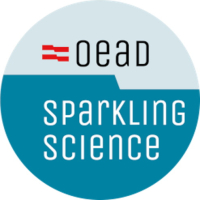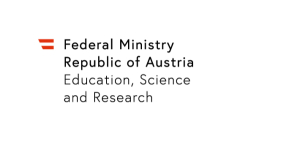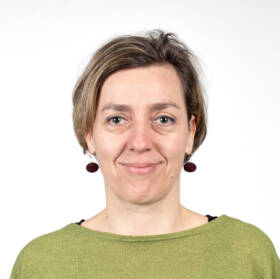Citizen Science project to give more attention to (post)migrant groups and draw a more realistic picture of diversity in society.
Background
Migrant and post-migrant groups and their languages are considerably underrepresented in Austrian archives und oral history collections. This situation prolongs the reproduction of a national hegemonic discourse that neglects the country’s social diversity.
Project Content
In the participatory project, students of the 9th up to the 12th grade (aged 15 to 19) conduct biographical oral history interviews with members of the grandparent generation. The interviews are either done in the interviewees’ languages of origin or in German, depending on what it is preferred. The students are recruited in eight schools in Vienna and Lower Austria with a high proportion of post-migrant students.
Students making the contact to their grandparents gives access to interview partners who might otherwise be hard to reach by researchers. In addition, the approach helps to reduce social and institutional selectivity with regard to the migrant communities.
The interviews not only bring specific intergenerational memories to light but also showcase the students’ multilingualism, since the students need to manage the transfer from the German world of education to their family’s (or community’s) sphere of language as well as translate small sections of the interviews into German.
Methods
The students are introduced to the issue of social representativeness of historical sources and to the methods of oral history. They develop the questionnaires and perform the audio interviews in small work groups. The setting makes them deal productively with their own multilingualism and train practices of translation.
The project will make a considerable contribution to an Austrian “archive of migration” with sound recordings of around 70 biographical interviews in as many as 15 to 20 languages. The interviews will be archived with full translations in the Austrian Mediathek and presented there in a web exhibition.
A historical and narratological analysis focusses on concepts and motives of “migration biographies”, as to how migration shapes the biographical account in the intergenerational interview setting. Supported by participant observation, the students’ cognitive trajectories are explored throughout the project: from expectations and preconceptions up to the narrative evolvement of the interviews and their further editing, and in a personal reflection of the entire process. A sociolinguistic examination analyses moments of heteroglossia in the interviews’ recordings.
Further Information on the Webpages of OEAD and the Austrian Academy of Science
This project is funding by the Sparkling Science programme and the Federal Ministry Republic of Austria Education, Science and Research.
You want to know more? Feel free to ask!
Senior Researcher Ilse Arlt Institute for Social Inclusion Research
Department of Social Sciences
Johanna Zechner
Johannes Kapeller (Österreichische Mediathek)
- Österreichische Mediathek
- Österreichische Akademie der Wissenschaften
- Abendgymnasium Wien
- BORG 3 Wien
- HAK/HAS Wiener Neustadt
- HLW 19 Wien
- Islamische Fachschule für soziale Bildung, Wien
- JBBZ Jüdisches Berufsbildungszentrum, Wien
- Komenský Schulverein, Wien
- Wirtschaftsschulen Franziskanerinnen, Amstetten



